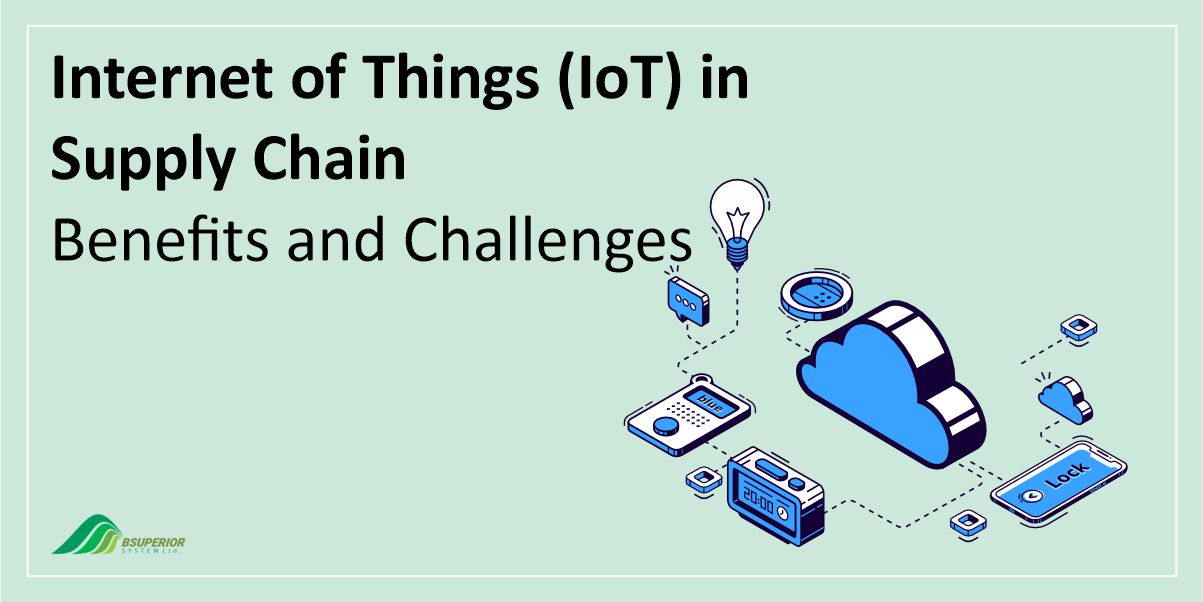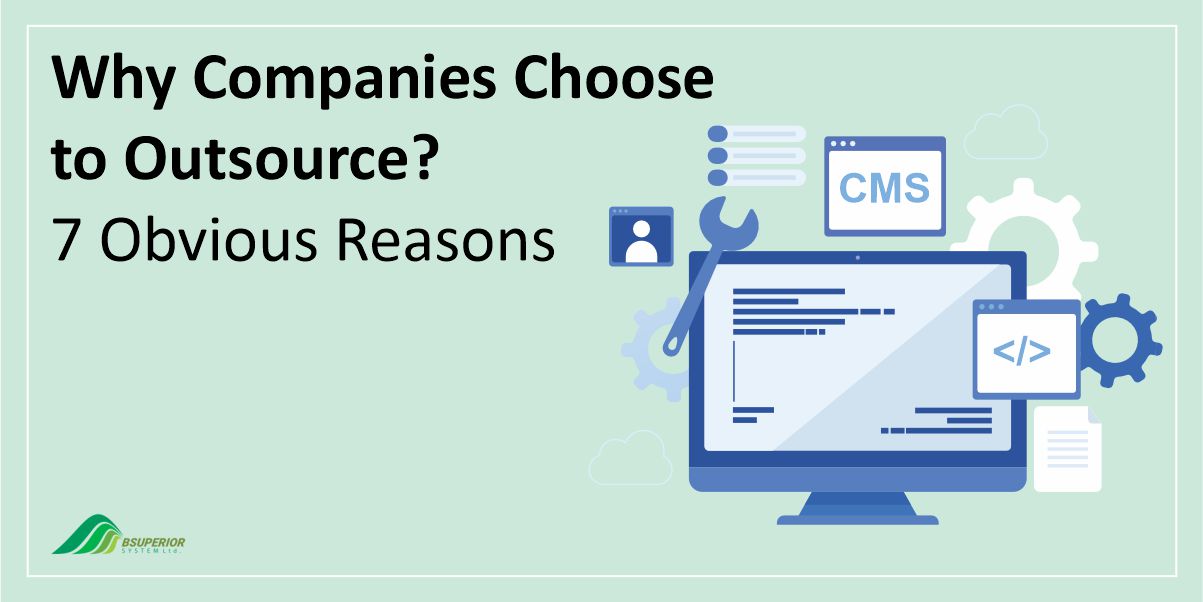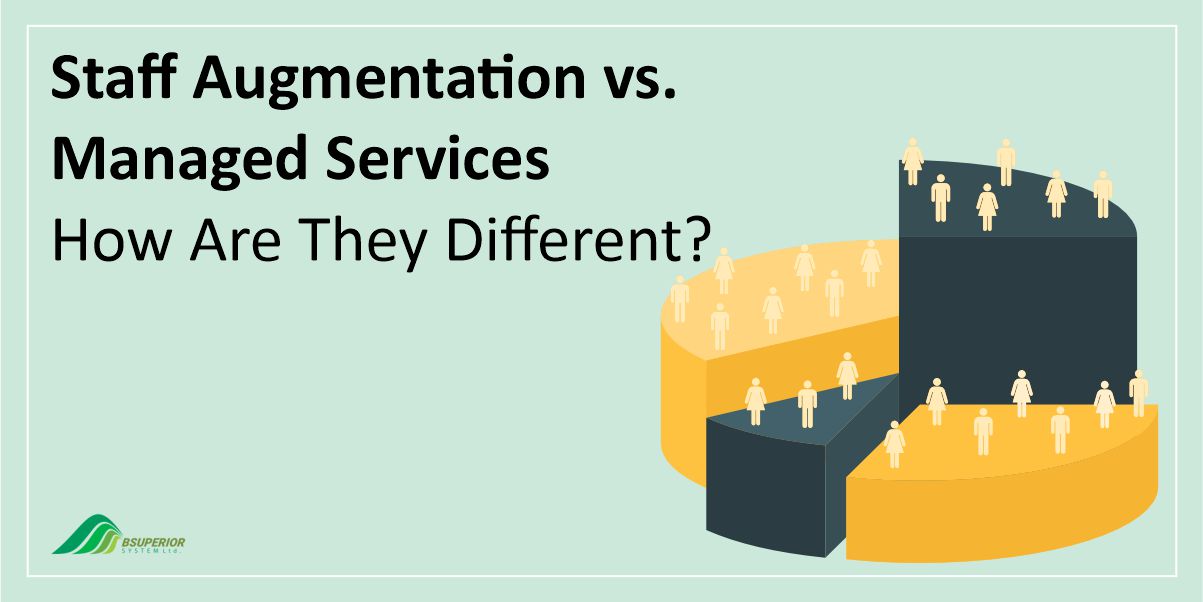What is ERP in Procurement? Role and Benefits
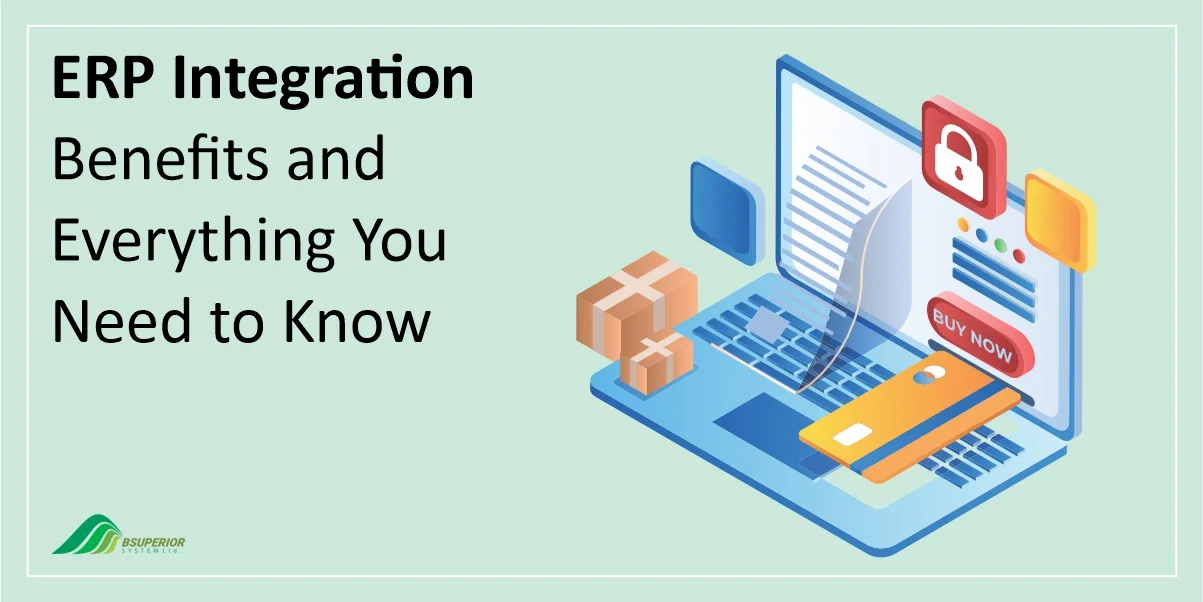
Table Of Content
- What is Procurement?
- What is ERP in Procurement All About?
- Why is ERP with Built-in Procurement Essential?
- ERP in Procurement: Major Benefits
- What ERP Modules Can Improve Procurement?
- Limitations of ERP Systems in Procurement
- Choosing the Right ERP For Procurement
- BSUPERIOR: Custom ERP Solutions For Automated Procurement
Most businesses today rely on ERP systems, but are they truly maximizing the potential of these powerful tools? When it comes to procurement, many companies miss the mark, leaving room for inefficiencies, rising costs, and missed opportunities.
In this blog post, we’ll discuss ERP in procurement, explaining what it is and why it’s crucial for businesses of all sizes. We’ll also introduce BSUPERIOR, your trusted partner in navigating the world of procurement ERP.
What is Procurement?
Before we discuss the main topic of this blog post, it is a good idea to start with an explanation of procurement as it will help you better understand how it can be affected by ERP.
So, what is procurement? Procurement is the process of acquiring goods, services, or raw materials for a business from external vendors. It involves the entire process of identifying needs, sourcing options, negotiating terms, and managing purchases to optimize cost and value.
No business operates in isolation. Regardless of size or industry, organizations rely on external suppliers to fulfill their needs, be it for internal operations or product manufacturing. Effective procurement minimizes risk and maximizes value by acquiring the right goods and services at optimal costs.
While cost plays a role, procurement goes beyond simply finding the cheapest option. It involves:
- Strategic Sourcing: Analyzing inventory, market demand, and long-term needs to identify the most cost-effective and reliable suppliers.
- Vendor Management: Building relationships, conducting market research, and negotiating contracts with suppliers.
- Quality Assurance: Ensuring delivered goods and services meet agreed-upon standards.
- Performance Monitoring: Tracking purchase orders, vendor performance, and other metrics to optimize the procurement process.
What is ERP in Procurement All About?
ERP in procurement acts as a digital assistant for buying things. It uses a central system and cloud software to automate tasks like creating orders, getting approvals, and managing spending, all while connecting you with chosen suppliers.
To put it another way, ERP with built-in procurement streamlines the process of buying goods and services for your business.
Why is ERP with Built-in Procurement Essential?
ERP in procurement helps manage your business’s purchases with a single, powerful tool that automates tasks, connects you with suppliers, and gives you total control over spending. It is indeed a crucially important tool for several reasons:
- Effortless Order Management: ERP breaks down orders for specific items, making creation and approval a breeze.
- Supplier Power: ERP in procurement allows you to access a vast, integrated database of suppliers and combine orders for better negotiation leverage.
- Planning Prowess: It also enables you to handle complex procurement with high-level planning and control.
- Industry-Wide Benefits: Whether you’re in automotive, food, retail, or beyond, streamlined procurement is crucial. ERP ensures you have the right stock levels, from raw materials to finished goods, and empowers logistics to deliver on time and budget.
Read more: ERP Integration: Benefits and Everything Else You Need to Know
ERP in Procurement: Major Benefits
ERP systems offer businesses a centralized platform for managing and monitoring various aspects of procurement, including supplier selection, acquisition, and contract management.
By automating key tasks within the procurement process, ERP systems can potentially:
- Enhance Efficiency and Departmental Collaboration: Streamlined communication and readily available information across departments, facilitated by automation, can lead to improved coordination and overall efficiency throughout the purchasing cycle.
- Reduce Operational Costs: By minimizing paperwork and automating processes, ERP systems can significantly reduce administrative costs associated with procurement.
Additionally, improved spending visibility enables managers to identify and eliminate unnecessary expenditures. - Increase Transparency and Accountability: Comprehensive tracking of all procurement activities fosters transparency in decision-making and resource allocation, leading to more accurate budgeting and responsible use of funds.
What ERP Modules Can Improve Procurement?
While the dedicated procurement module plays a central role, several other ERP modules can significantly enhance your procurement operations. Consider exploring the following 5 modules when choosing an ERP or optimizing your existing system:
- Finance: This module facilitates cost tracking in procurement and streamlines accounts payable (AP) by automating invoice matching and payments based on your company’s policies.
- Manufacturing (MRP): With this module, you will gain insights into material requirements planning and track production progress to ensure the timely availability of materials needed.
- Inventory Management: This module allows you to track on-hand inventory, both incoming and outgoing, and to optimize cash flow by monitoring inventory value.
- Order Management: This module will help you track orders from creation or receipt to delivery, allowing anyone with access to check the status independently.
- Supply Chain Management: With this, you can track goods and supplies throughout the supply chain, including order details, shipping costs, and times, for effective oversight.
Limitations of ERP Systems in Procurement
While ERP systems provide valuable tools for various business functions, their inherent design may not entirely align with the specific needs of procurement.
Although built-in procurement modules aim to address this gap, their implementation can be time-consuming and often lack the flexibility or functionalities tailored for optimal procurement management.
Some of the key challenges that can potentially hinder effective procurement within ERPs are:
- Limited Flexibility: Standard ERP structures may not adapt well to the diverse workflows and approval processes common in procurement.
- Collaboration Barriers: ERPs might not offer robust platforms for seamless collaboration between internal teams and external suppliers.
- User Experience Woes: Older, on-premise systems often have outdated interfaces that are clunky and complex, hindering user adoption and efficiency.
- Limited Spend Visibility: Traditional ERPs lack advanced spend analysis and management functionalities, and thus limit real-time data insights and strategic decision-making.
It’s important to consider these potential limitations when evaluating the suitability of an ERP system for your procurement needs.
Read more: What is ERP in Manufacturing? Modules and Benefits
Choosing the Right ERP For Procurement
Selecting the right ERP system for your procurement needs goes beyond simply picking the most affordable or readily available option.
It’s crucial to carefully assess your specific business requirements and ensure the chosen system seamlessly integrates into your existing operations. Having said that, to make an informed decision, follow the steps below:
- Identify Your Scope: Do you need a system encompassing all procurement processes or a solution for a specific area? Knowing your essential features helps narrow down potential options.
- Consider Your Budget: Determine whether a comprehensive or affordable system better aligns with your financial constraints. Evaluate different systems based on their functionality and complexity to find the optimal fit for your needs.
- Cloud vs. On-premise: Choose between cloud-based solutions offering remote access and flexibility, or on-premise systems requiring on-site server maintenance. Weigh the advantages of each option based on your security, IT infrastructure, and team preferences.
- Detailed Testing: Once you’ve shortlisted potential ERPs based on features and budget, thoroughly test each system to ensure it meets your specific requirements and aligns with your overall business strategy.
BSUPERIOR: Custom ERP Solutions For Automated Procurement
One-size-fits-all solutions rarely address the specific challenges businesses face. If you’re seeking powerful procurement automation beyond standard ERP features, BSUPERIOR, a leading custom ERP development company, is here to help.
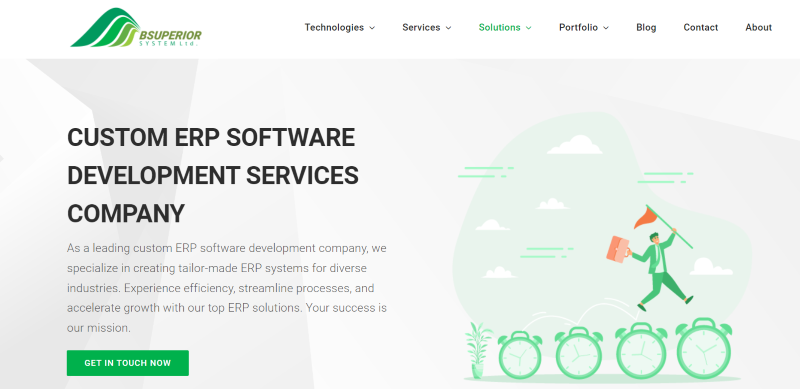
As a leading force in custom-made ERP solutions, we understand that off-the-shelf software often falls short. Our team of experts works closely with you to develop an ERP system that perfectly aligns with your unique procurement processes.
Read more: How Does AI Affect ERP? Benefits and Use Cases
Why Choose BSUPERIOR?
- Tailor-Made Solutions: We don’t believe in one-size-fits-all solutions. Our custom ERP systems are built specifically for your industry and unique needs.
- Increased Efficiency: Streamline your processes, automate tasks, and gain real-time insights to make smarter purchasing decisions.
- Accelerated Growth: Modernize your operations and unlock new opportunities for growth with an optimized procurement system.
- Proven Expertise: Our team of experienced developers and industry specialists understands the challenges of modern procurement and can deliver solutions that work.
Your success is our mission. That’s why BSUPERIOR doesn’t just develop ERP systems, we build long-term partnerships. We offer comprehensive services, from initial needs assessment and system design to implementation, training, and ongoing support.
Ready to transform your procurement operations with a custom-built ERP solution? Contact BSUPERIOR today and let’s discuss how we can help you achieve your goals.
We value your input and believe this content may enhance our services. However, it's under review. If you see room for improvement, please use the "Report an issue" button below. Your feedback helps us excel.
Contact us today at –– and speak with our specialist.

![Offshore Software Development: Pros and Cons [Expert Guide]](https://bsuperiorsystem.com/wp-content/uploads/2024/04/Offshore-Software-Development.jpg)
